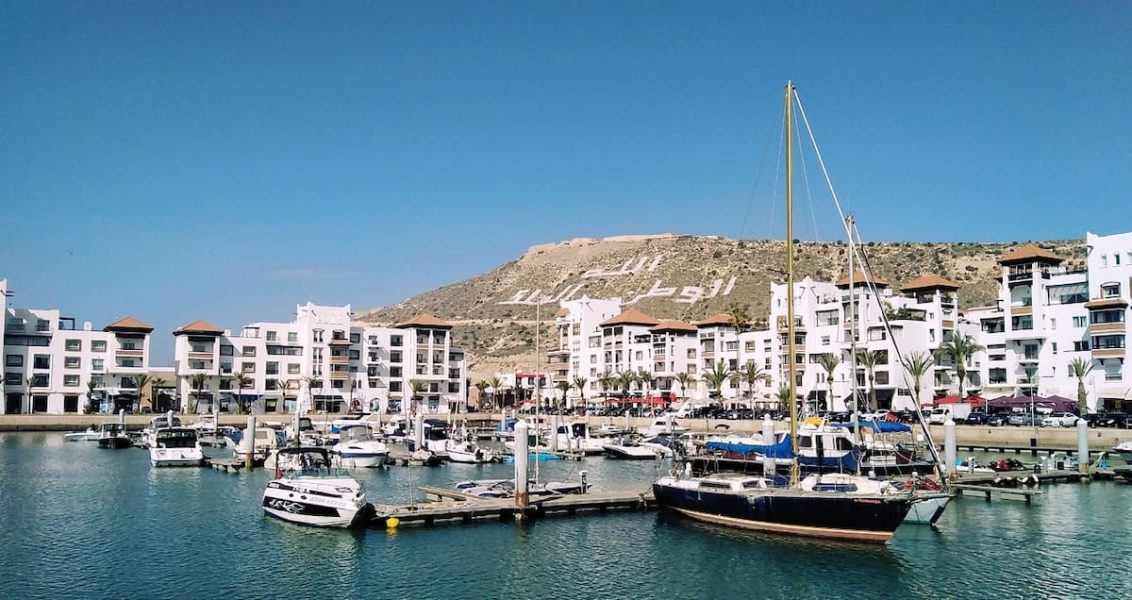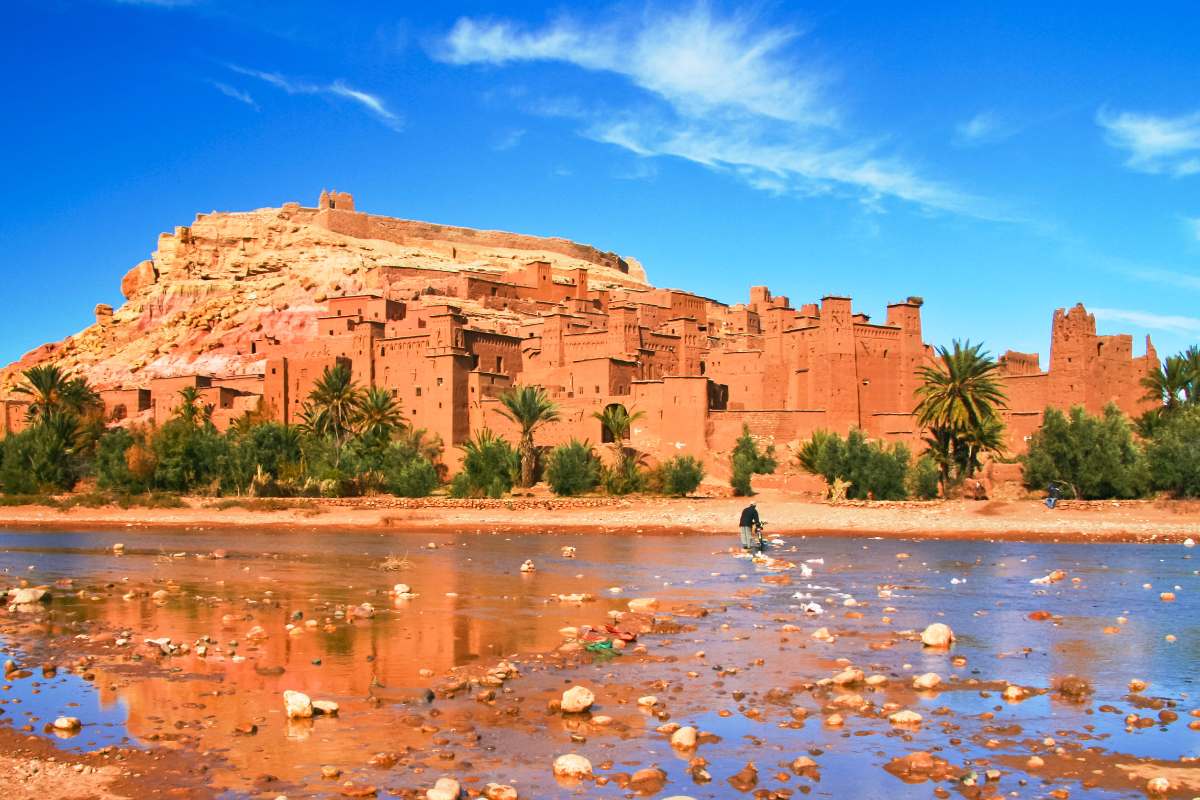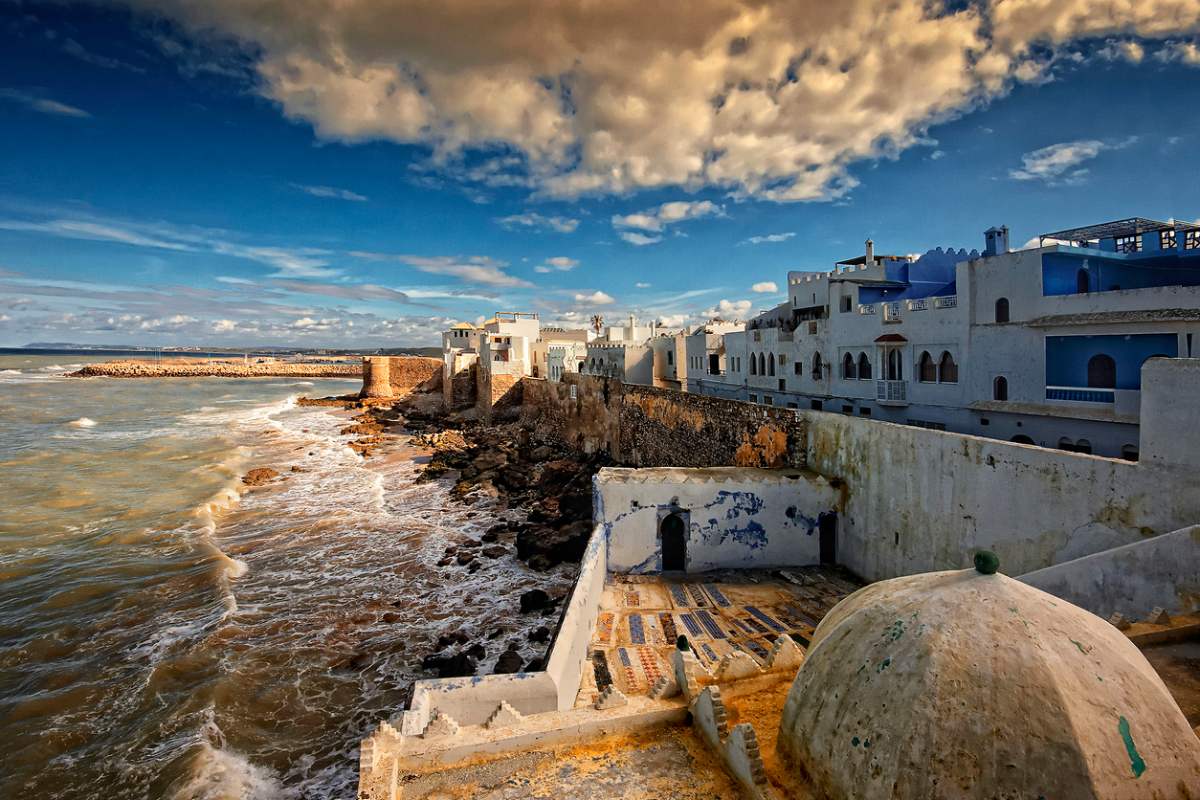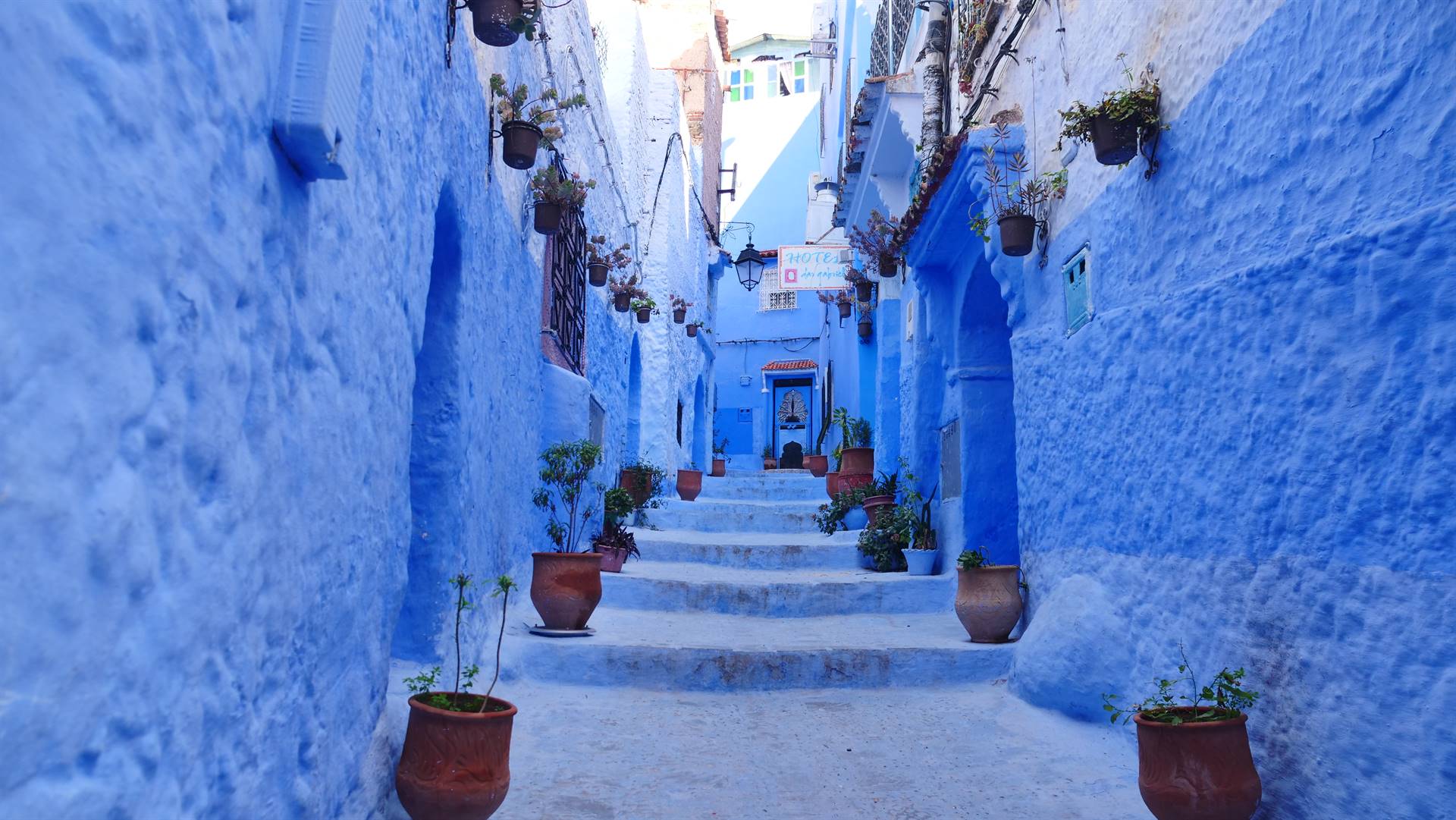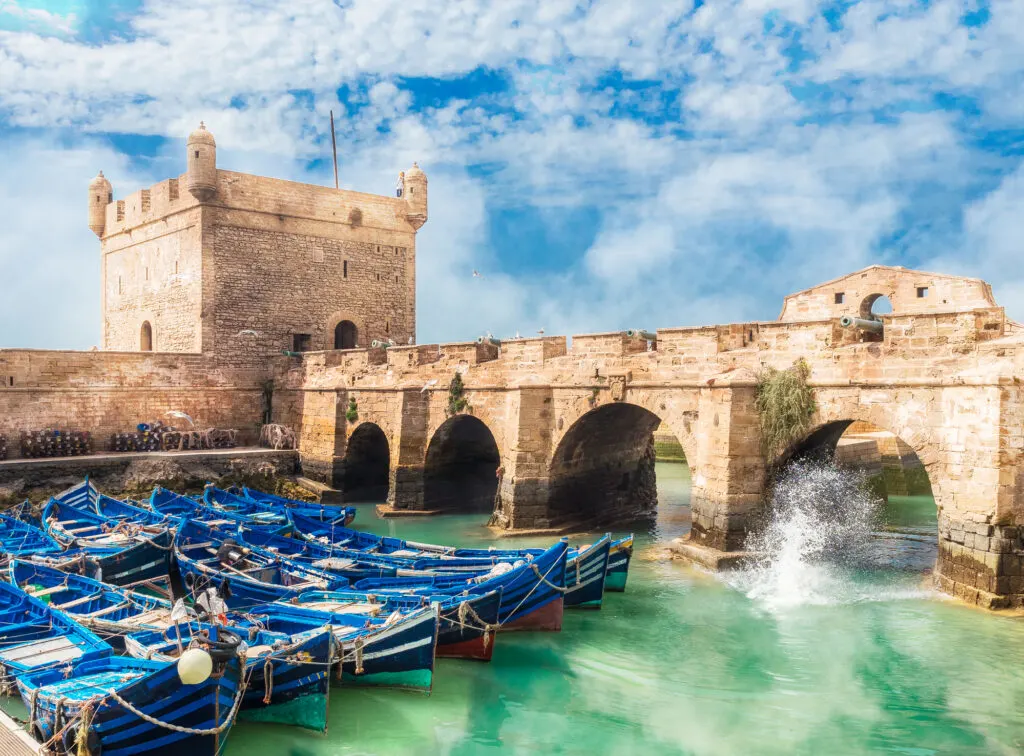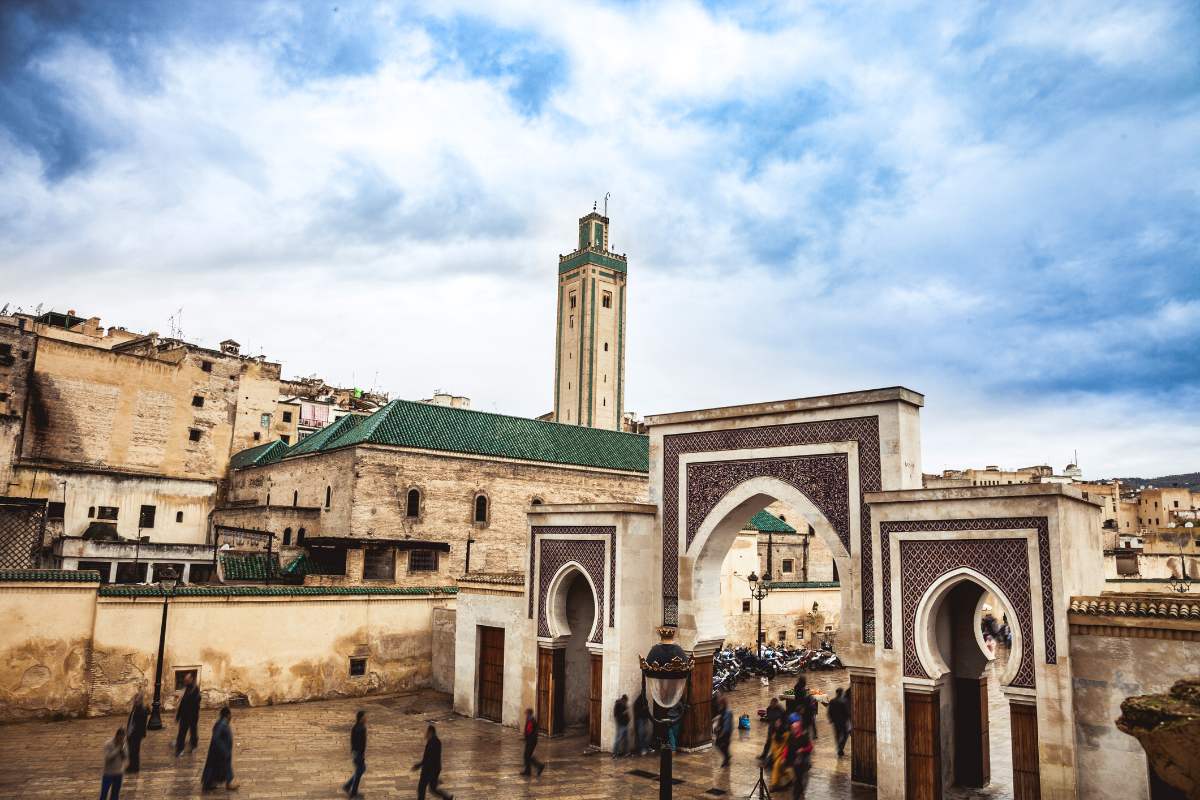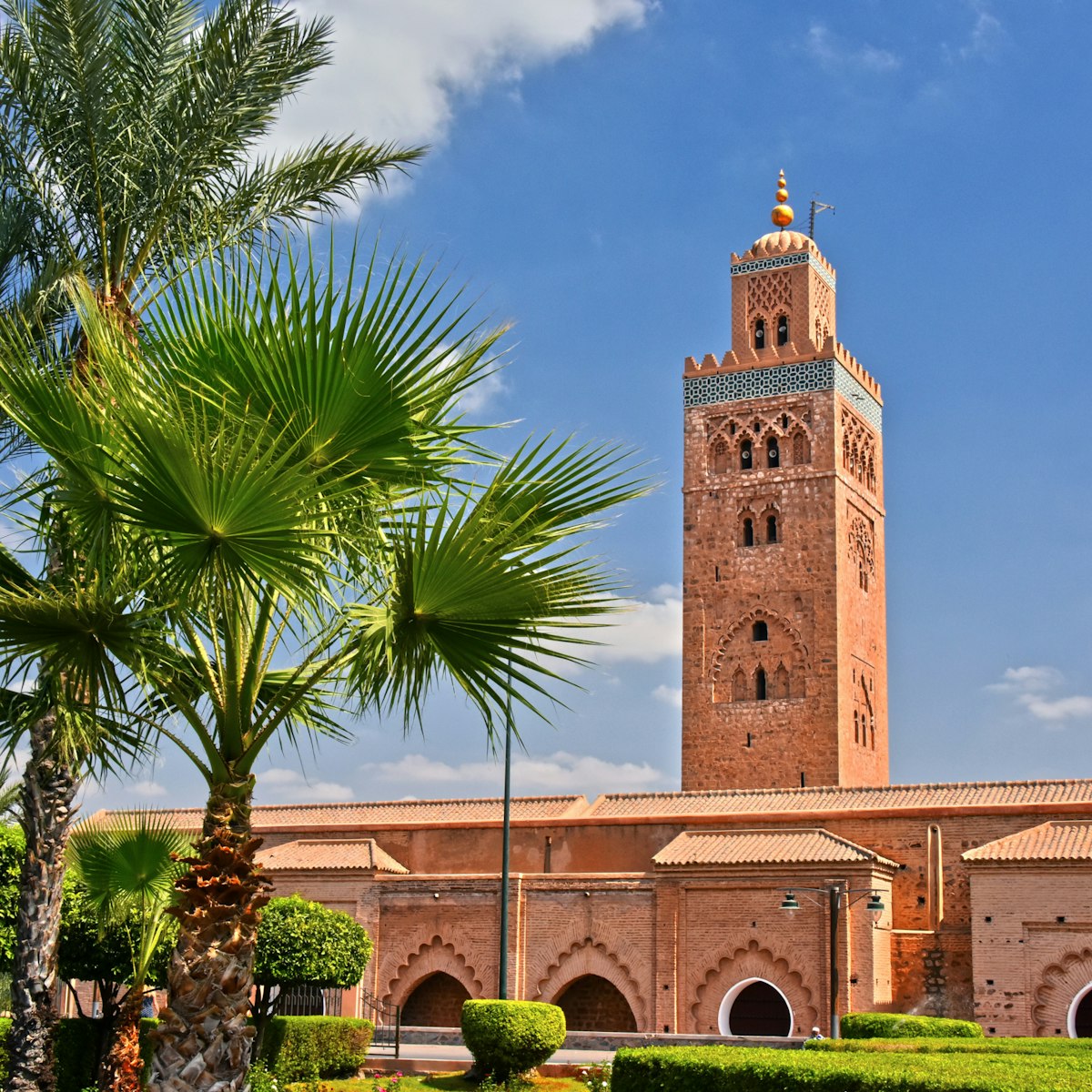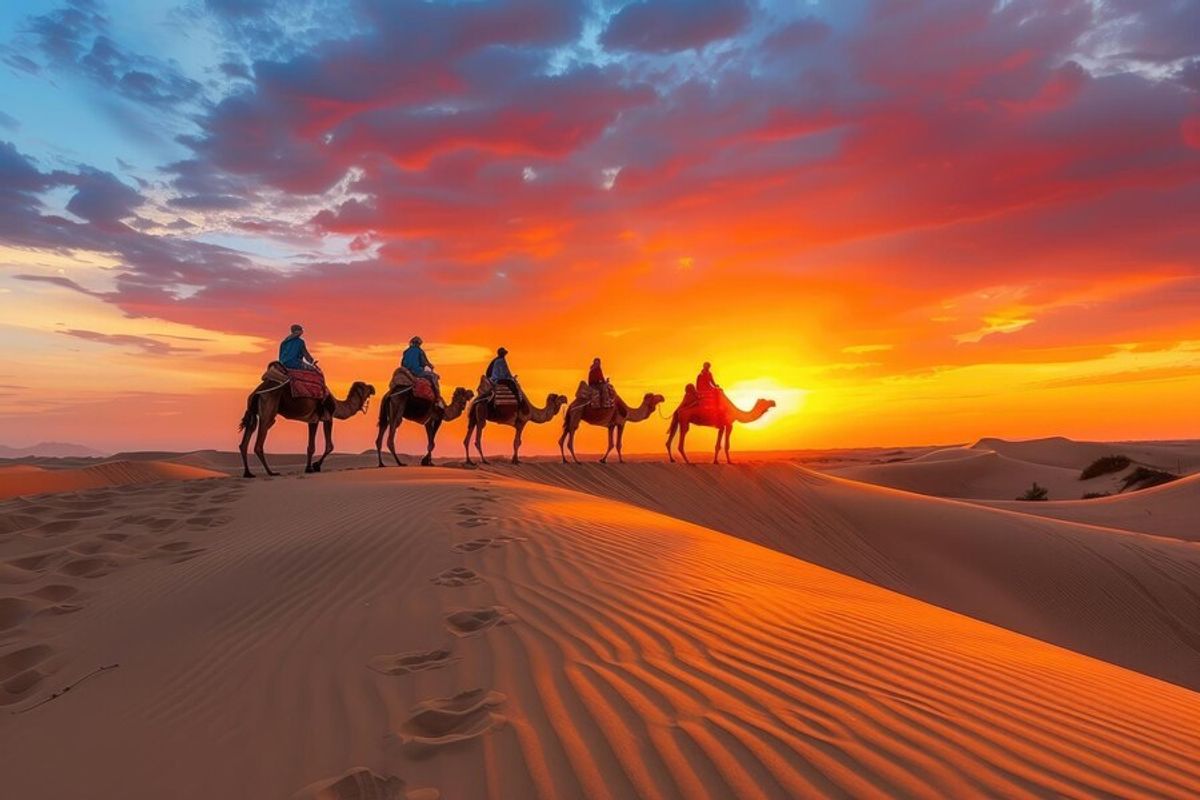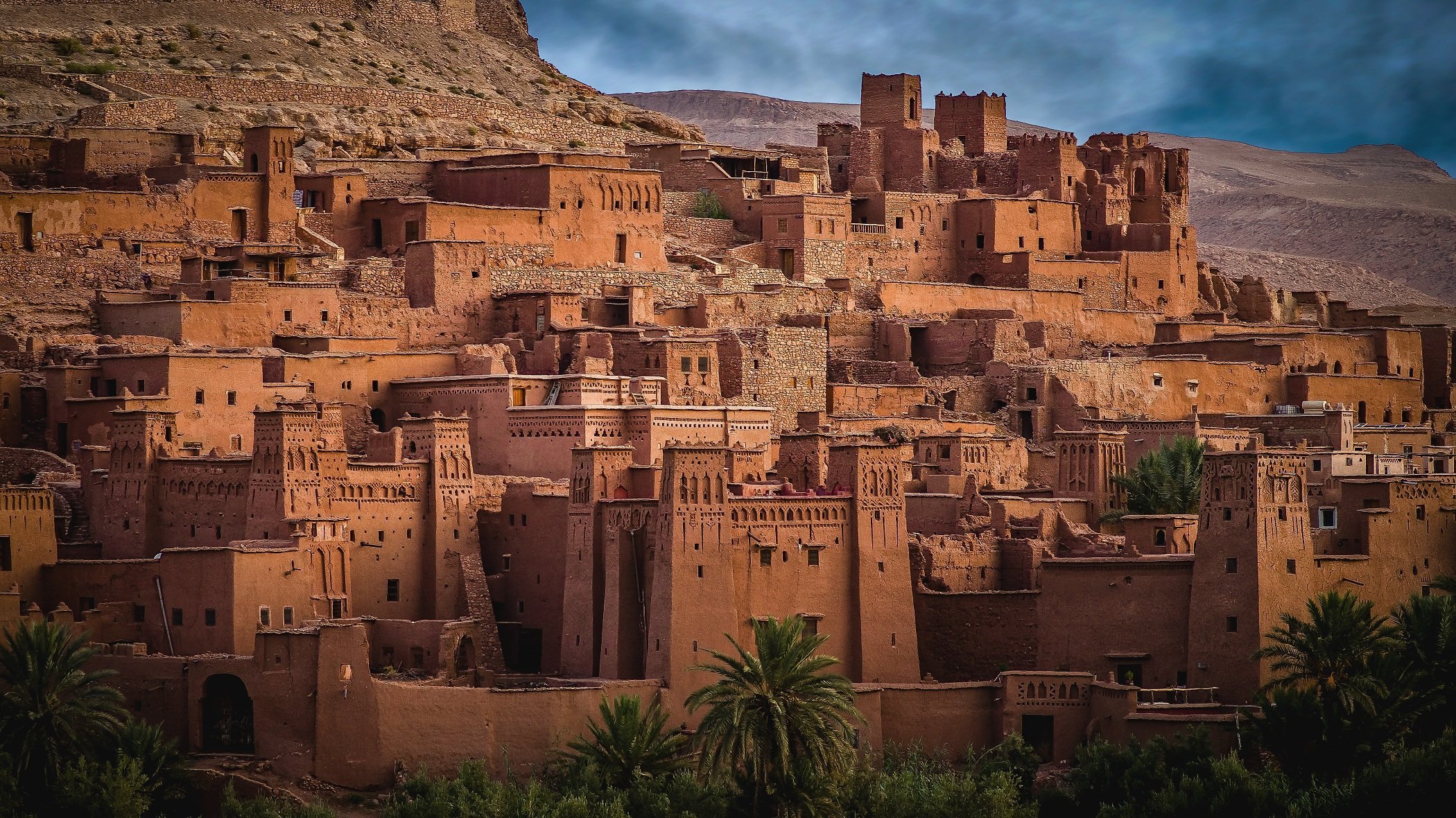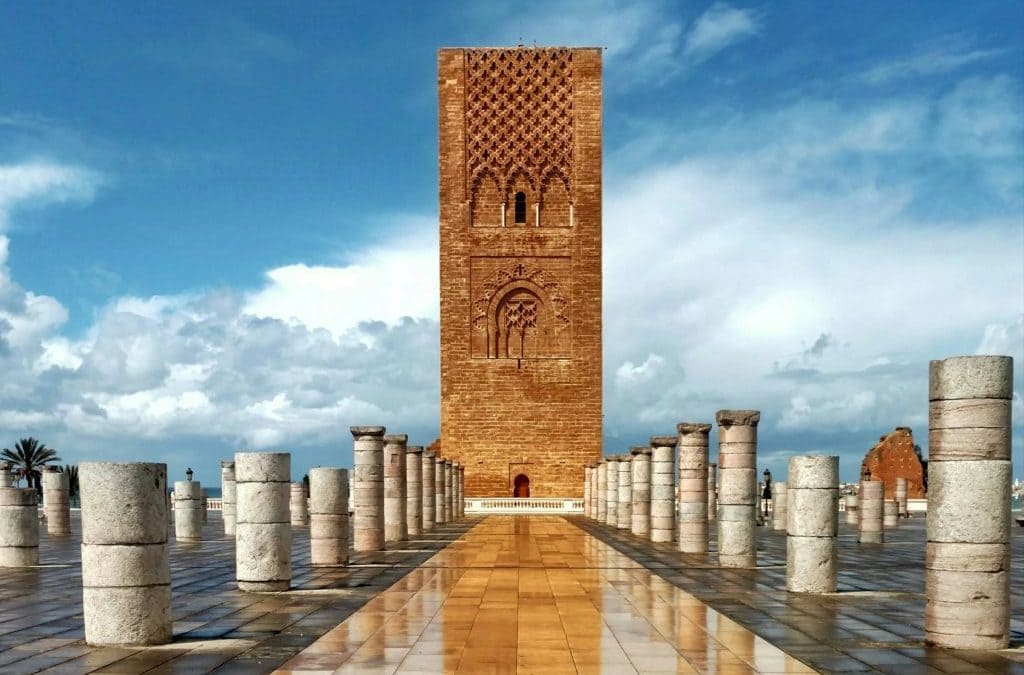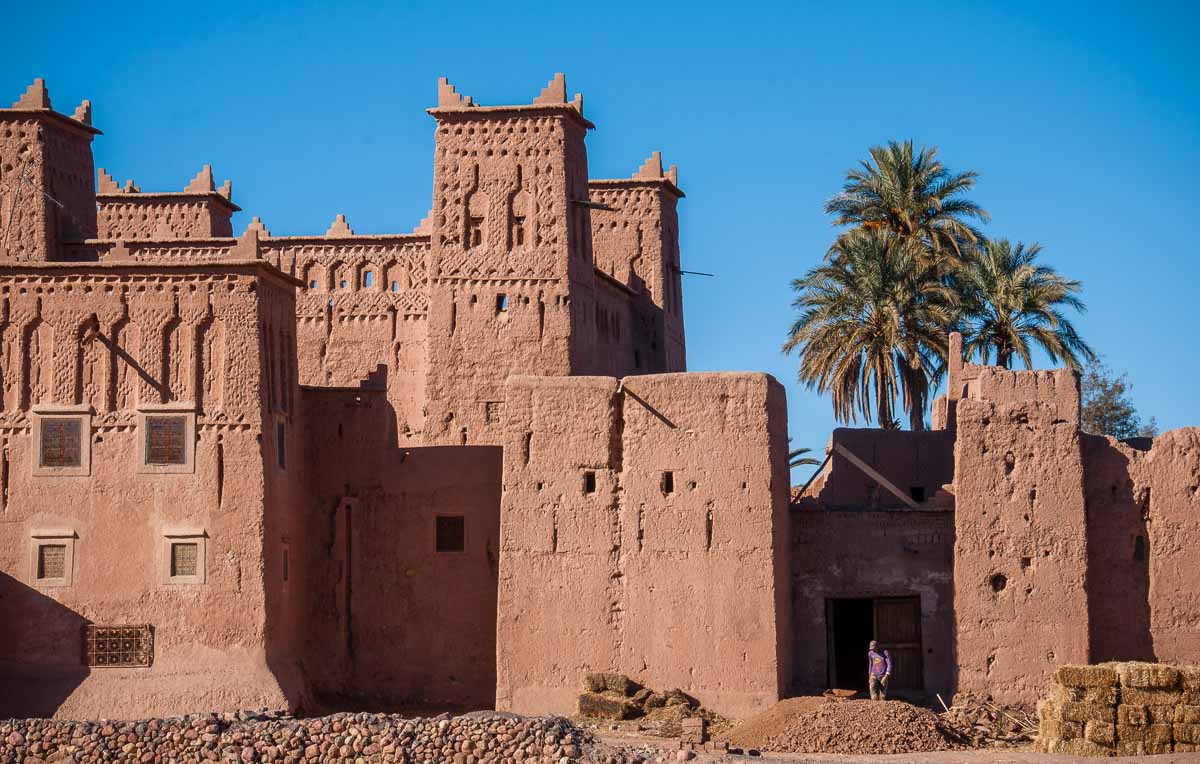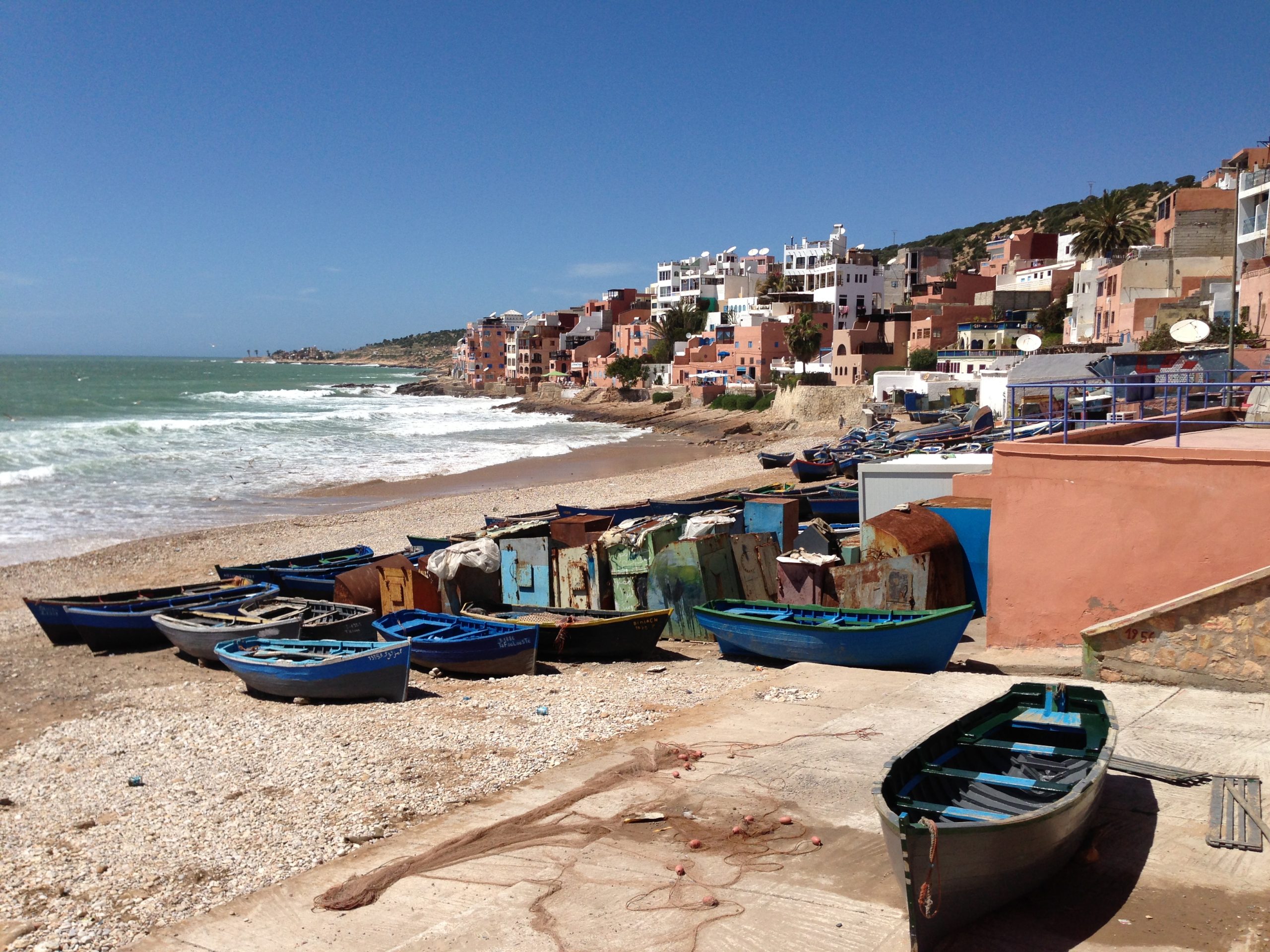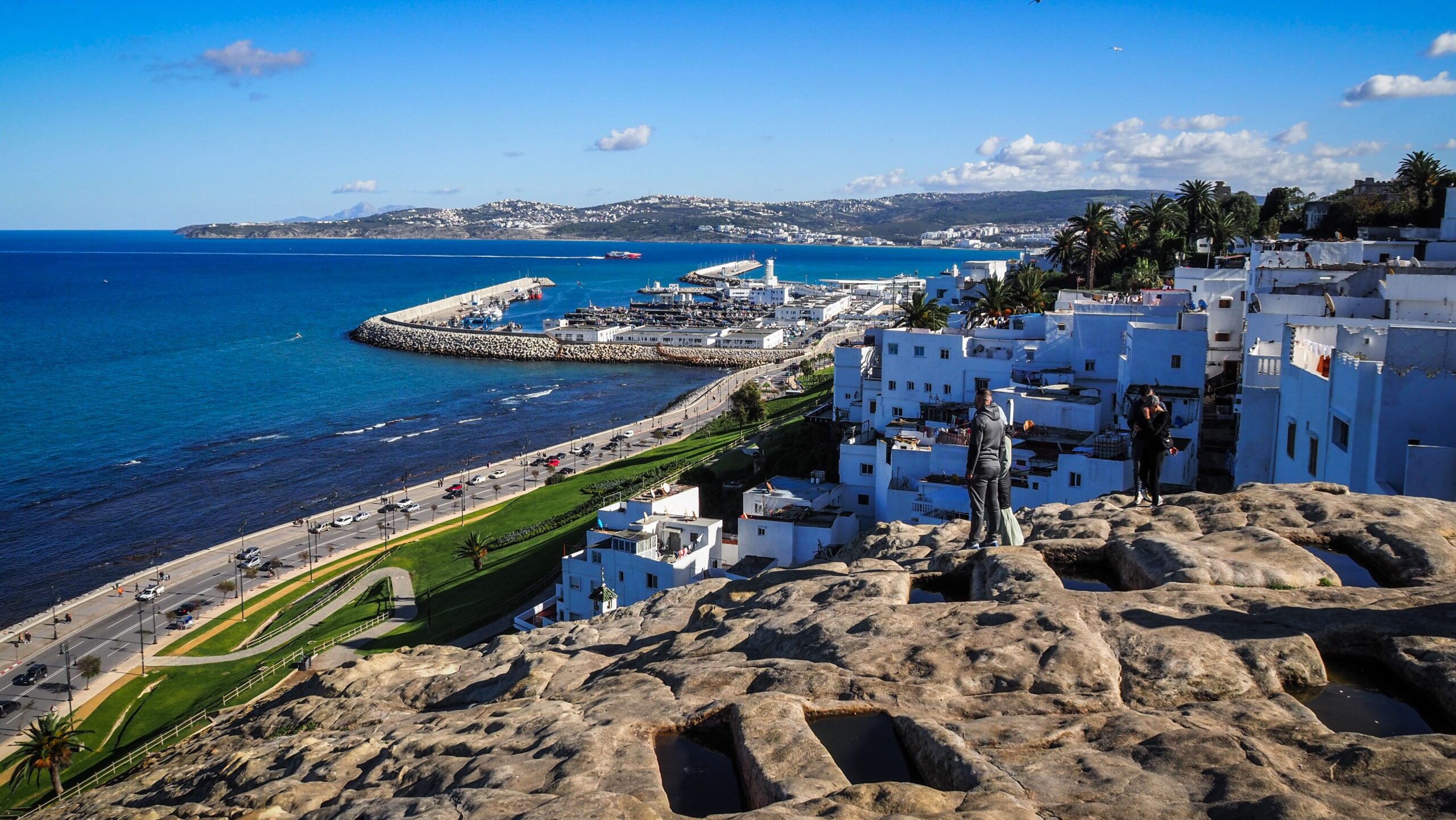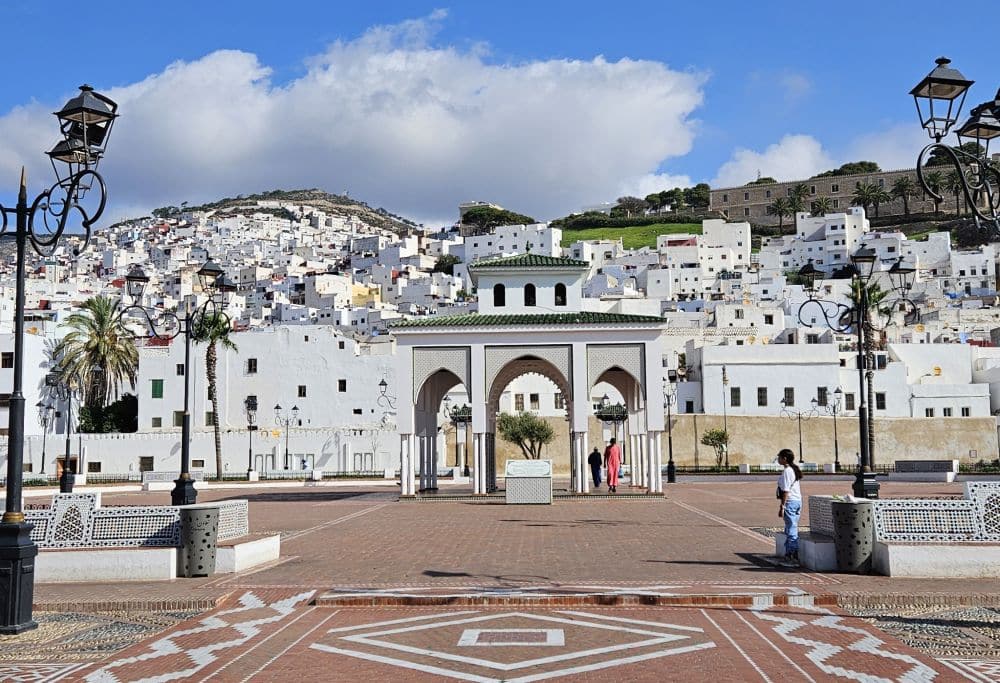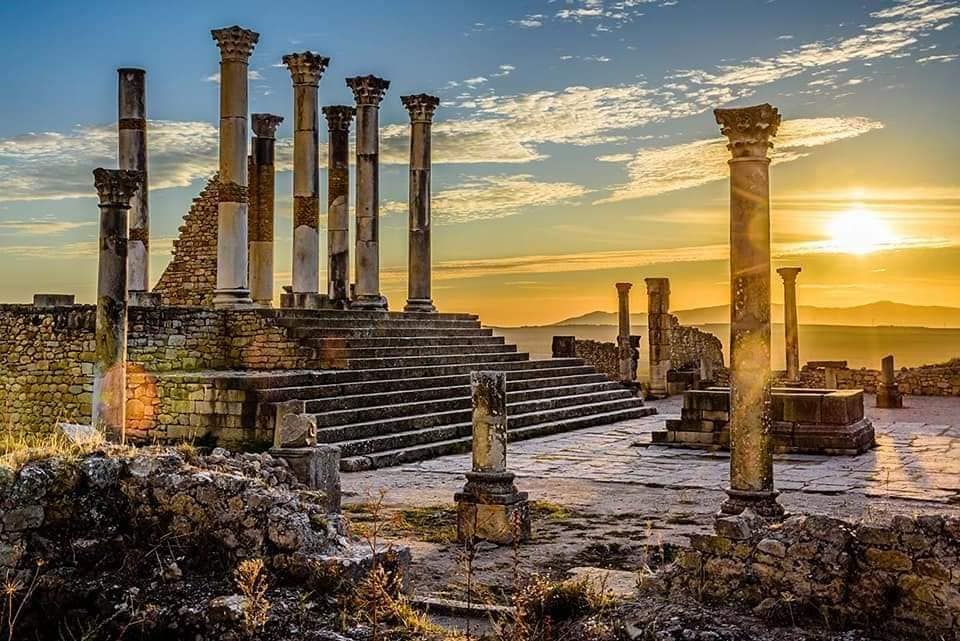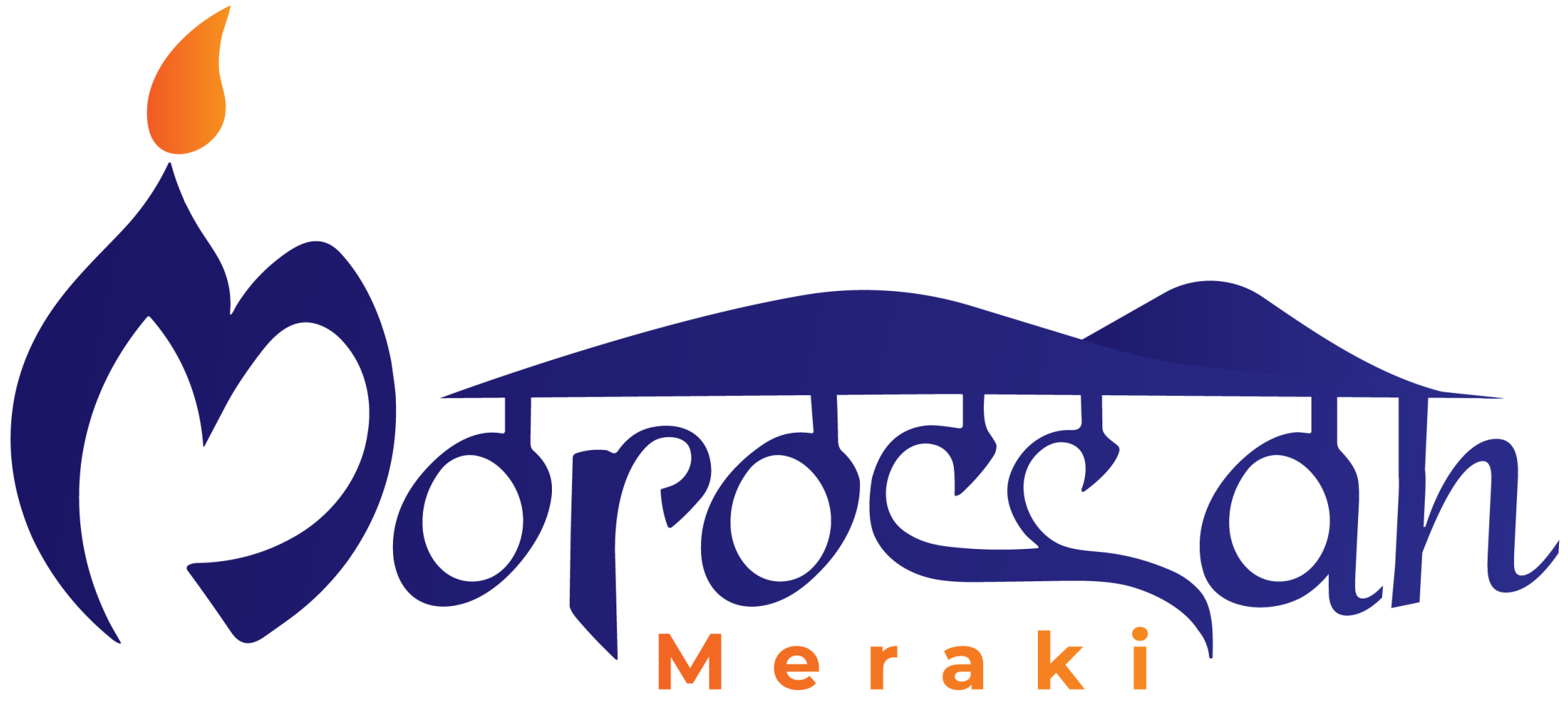Find clear answers to common questions about our tours, bookings, and services. Get the information you need quickly and easily.
Frequently Asked Question
Accommodations will be either a 3-Star to 5-Star hotel or a local riad.
Morocco is a safe place to visit, especially when you travel with a private guide and driver, and respect the laws and local customs. The crime rate is low. However, just as you would when traveling in any foreign country, it’s a good idea to keep money and valuables in a zipped bag close to your body; maybe using a money pouch or passport bag that can be worn inside your clothing.
If traveling from the USA make sure the expiration date of your passport is more than 6 months from the day you will return to the USA; if NOT, you will need to renew your passport. For another country, please check your requirements. It is also a good idea to have a copy of your passport on your phone.
Visas are only necessary if you are staying 90 days or more.
Check CDC's webpage for your destination to see what vaccines or medicines you may need and what diseases or health risks are a concern at your destination.
Make sure to get any refills needed for your prescriptions in plenty of time before your travel dates.
Yes, Morocco allows the consumption of alcohol. It can be purchased in licensed hotels, bars, and tourist areas. You can also buy alcohol in most major supermarkets.
Type faq description
Yes
Drink bottled water to be on the safe side.
Before going, check what the season is for the timeframe you are going so you know what the range of temperature will be. Also, the temperature is going to vary from daytime to nighttime.
Casual attire is appropriate; all things lightweight and full coverage is ideal—loose trousers or maxi skirts are perfect. As a matter of cultural respect women should avoid short shorts and bare midriffs. A tunic dress or shirt with leggings or a full kaftan is great too. Not only does full coverage allow you to dress conservatively in Morocco, but it will also protect you from the sun. A headscarf may be required to go into the mosques we visit. A lightweight jacket/sweater is recommended for cooler evenings and the mountains.
Make sure you take comfy footwear for daytime – preferably closed-in shoes as the streets are often uneven and dusty.
Yes, but toilet facilities do not always provide toilet paper; you might want to have some with you. Your lodging will always include regular toilets and oftentimes, also bidets. Occasionally, when traveling in the country, you will stop at places with squat toilets.
Yes, many hotels and riads offer laundry services. This cost is not included in the price of your tour. Some riads do not provide washcloths; so pack one if needed.
The currency in Morocco is called the dirham. There are bank notes (20/50/100/200) and also coins (dirham and centimes). For exchange purposes - $1.00 = 10 dirham.
The dirham is a closed currency, which means it can only be bought once you arrive in Morocco. You can exchange for the dirham at the airport, ATM machines or your guide will find local exchange places. You will need enough cash for personal purchases and tips. Keep in mind that the dirham is a closed currency so must be purchased and redeemed within Morocco.
Traveler’s checks are hard to exchange – not advised to bring.
Credit cards are accepted in most places, but not in the markets/souks. Keep cash for shopping in those places, and for tipping. Make sure your credit cards are active a few weeks before you travel to ensure they are not expired and will work when in Morocco. Also, it’s a good idea to alert your banks and credit card companies before travel so they don’t flag you for suspicious activity.
FYI - some credit cards have an exchange cost; some do not – check that out before traveling.
YES, you will need money for tips. While tipping isn't mandatory in Morocco, it is expected to show your appreciation for servers and also the help in hotels/riads and city guides. 10% is recommended at restaurants & hotels/riads – and make sure you give to the desk at hotels or the main person at a restaurant and say “for the help”. rounding up the bill and leaving tips at restaurants and cafes is standard practice. Public bathrooms have attendants who keep them clean; 3-5 Dirhams is recommended for them.
You will also need to tip the driver and guide at the end of the trip – an acceptable tip for the guide is around $5.00 per day each person and driver around $3.00-5.00 per day each person.
Good link to read: https://touringinmorocco.com/tipping-in-morocco/
Yes, negotiating is expected and welcome, however not in the malls where there are international retailers. The simple guide is that you should be aiming for around 30% - 50% of the asking price. However, having said this, – you can pay as much as you want; some people really need it. You just have to be ok with whatever price you settle on.
Morocco operates on 220 voltage – most modern appliances will now take either 110 or 220, so you would just need an adapter for the outlet. The electrical outlets used in Morocco are type C and type E. The exceptions are hair dryers, curling irons and electric tooth brushes – do NOT use them without a converter; 220 will burn them up. Make sure they have USB plug-in ability as well if you think you’ll be needing that.
If it is a specific vendor, or a person performing a task/duty - they might charge you; so you should ask and settle on a price before taking the photo.
